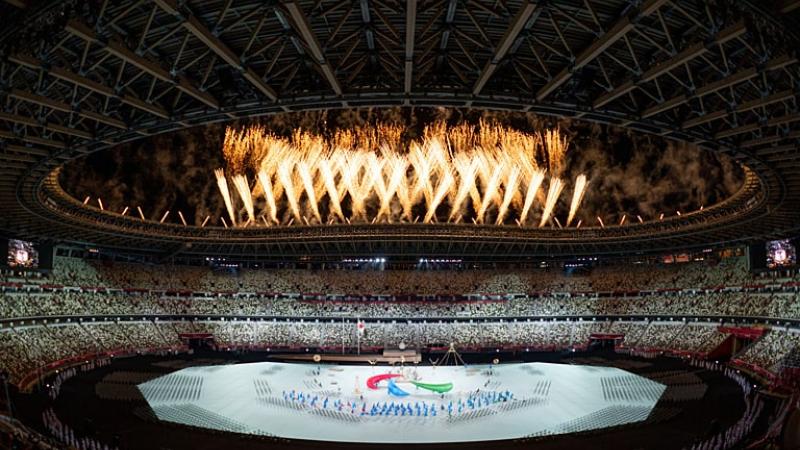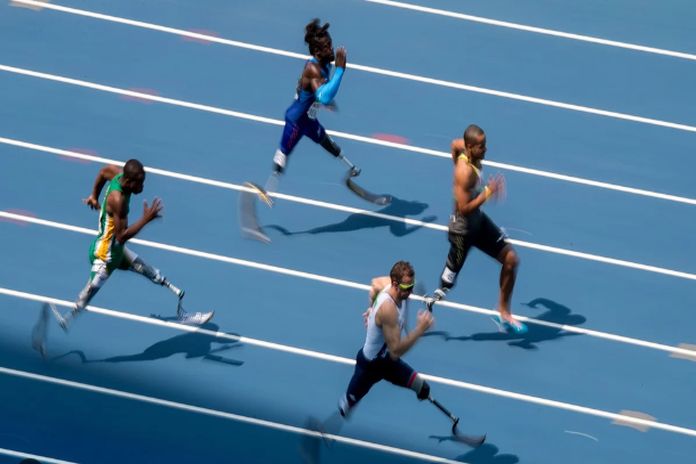Blog #8: Russia & Belarus
When teams are banned from participating in the Paralympics it is usually because they aren’t following the set rules. Russia has been banned because they have been caught a few times using drugs to boost performance. This goes against the rules of fair competition and Russia has been banned from keeping the games fair. Russia was also banned because it invaded Ukraine. This made other countries very angry and they did not want them involved in big sporting events. Belarus is also excluded from participating in the Paralympics because of its association with Russia. People think that it is not fair to have Belarus to be able to participate either.
Click this LINK to learn the history of the International Paralympic Committee!!
The IPC is the International Paralympic Committee. This committee is in charge of the games and oversees and organizes the event. Their role is to make sure that every country is following the rules, games are on schedule, and that safety is highly ensured. They are also in charge of picking where their games are played, making the rules, and making sure that athletes are qualified in order to compete.
I believe the ban is fair and in alignment with the IPC values because the whole point of the IPC is to make sure that the games are played fair. Paralympic committees must ensure that “the spirit of fair play prevails, the safety and health of the athletes are protected, and fundamental ethical principles are upheld” (POLITICO). This gives every athlete an equal opportunity. Russia is banned not only because it created a war in Ukraine but also because they have been caught using drugs to enhance its performance. Drug use violates the IPC’s rules to have a fair and equal playing field. The involvement of Belarus and Russia in the war also makes a lot of people unhappy and does not promote fairness and sportsmanship within the game.
Although Russian and Belarusian athletes are banned from competing under their national flags, those who qualify may participate as "neutral" athletes. This ensures that individual athletes who abide by the rules are not unfairly punished while preventing their countries from gaining recognition on the global stage. As for the future, the continued exclusion of these nations from IPC and International Olympic Committee (IOC) events should be determined based on their actions. If Russia and Belarus demonstrate commitment to fair competition by addressing doping concerns and distancing themselves from geopolitical conflicts, they should be reconsidered for inclusion. However, if they continue to violate IPC regulations and use drugs or remain involved in the war, their exclusion should remain in place to protect the integrity of the games.
Given the current geopolitical climate, hosting disabled sports events in Russia or Belarus would be highly controversial. Many international organizations and athletes would likely refuse to participate, leading to a fractured competition. Until the global community sees meaningful changes in these countries’ actions, hosting major sporting events would contradict the values of fairness, inclusion, and peace that the IPC promotes.
Athletes and officials from Russia and Belarus should be allowed to compete in international sporting events only if they fully comply with the rules and regulations of those competitions. If they adhere to anti-doping policies and do not engage in actions that undermine the integrity of the sport, they should be permitted to participate. However, the geopolitical situation complicates this issue. Due to strained international relations, many countries may refuse to host Russian and Belarusian participants. Ultimately, each sporting body and host country must decide whether allowing their participation aligns with their values and policies for athletes and officials to participate.
Sources:
Fiedler, T. (2022, November 17). Russia, Belarus booted from Paralympic governing body. POLITICO. https://www.politico.eu/article/russia-belarus-permanently-banned-from-paralympics-committee/




Comments
Post a Comment